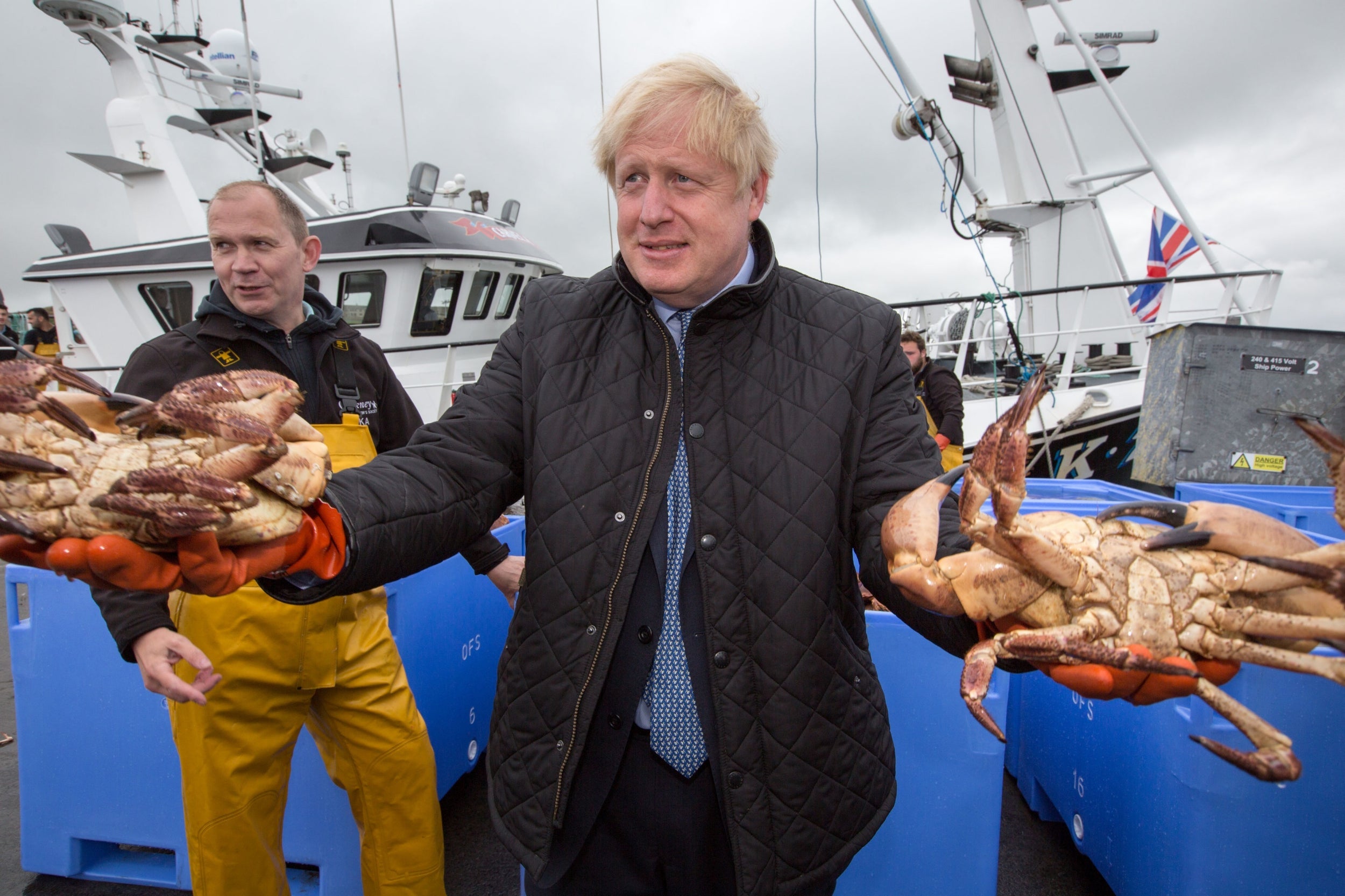Why the Conservatives will never be Scotland’s party of choice
To Scotland, which voted overwhelmingly to remain, the prime minister will always be the face of Brexit, just as his failings during the pandemic are in sharp contrast to Sturgeon’s successes. He’ll never truly be welcome north of the border, writes Sean O'Grady

Given that one of the main drivers of the new momentum towards Scottish independence is Boris Johnson, it is not immediately obvious why having Boris Johnson visit Scotland is going to make the union stronger. Independence is now showing a sustained lead in the polls, at around 50 per cent with 43 per cent for the status quo and 7 per cent undecided. Next year’s elections for the Scottish parliament are expected to result in a thumping mandate for a fresh mandate. Westminster has the right to refuse it, but the consequences might be ugly and counterproductive.
The PM’s day trip to Orkney to catch crabs was a result of the recent UK political cabinet on the future of the union, and those who believe that England and Scotland are “better together”, to borrow a phrase, will be hoping that this is not the best that HM Government can come up with.
Mr Johnson suffers from a number of disadvantages north of the border. First, he and his party have long been unpopular, even though they enjoyed something of a revival under the energetic leadership of Ruth Davidson – until she quit to spend more time with her family when Mr Johnson was elected leader of his party a year ago. In stark contrast to England and Wales, Mr Johnson and his party fared poorly in last year’s general election, losing seven of its 13 seats and scoring a quarter of the vote, though ahead of Labour, whose Scottish decline has been even more dramatic. Compared to the parliamentary wipeout of 1997, it at least allows for someone from a Scottish seat to become secretary of state for Scotland in a Conservative administration.
Subscribe to Independent Premium to bookmark this article
Want to bookmark your favourite articles and stories to read or reference later? Start your Independent Premium subscription today.
Join our commenting forum
Join thought-provoking conversations, follow other Independent readers and see their replies